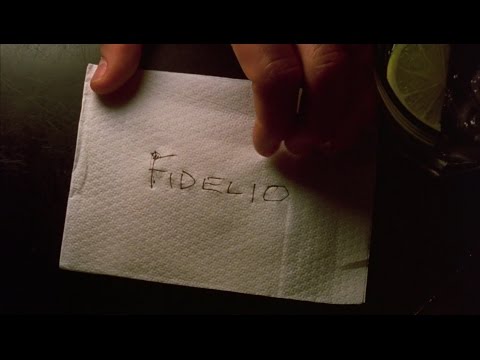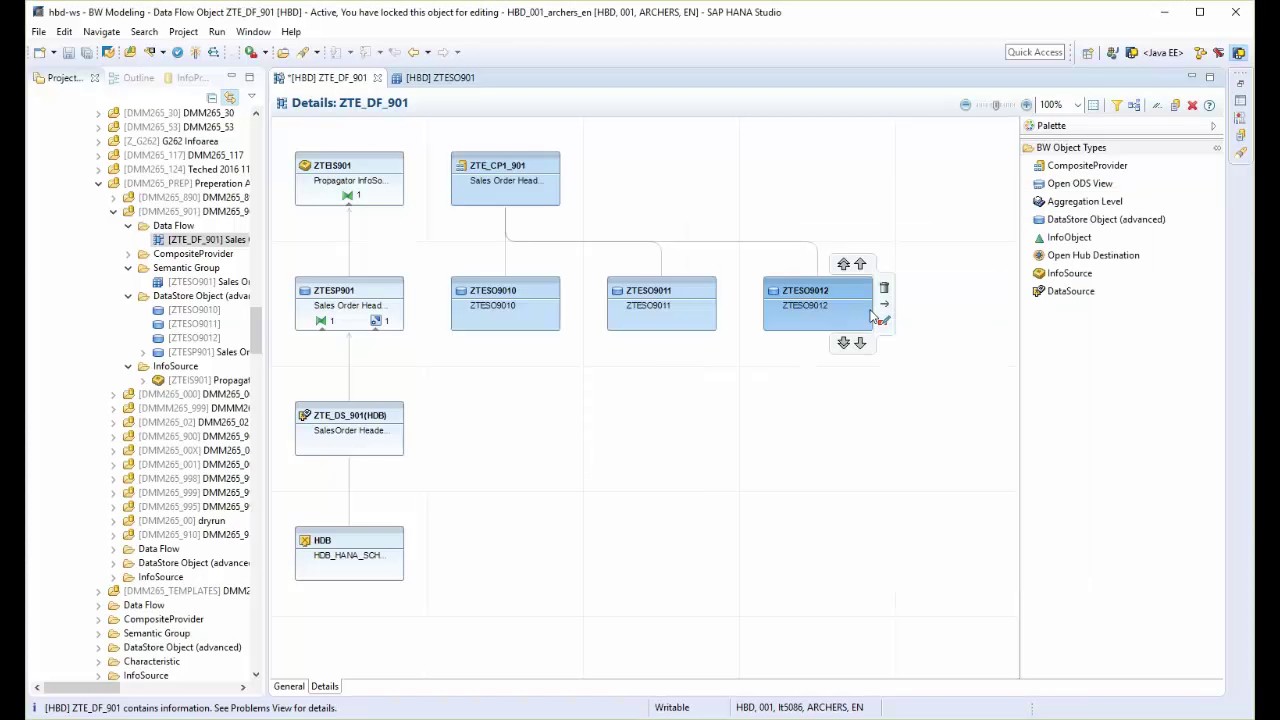TheTrevTutor
Today we look at the production and transcription of consonants in English with respect to place, manner, and voicing. There is a lot in this video, and there is no way you can grasp it all in one go. Please take the time to study the IPA chart, and do your own practice transcriptions.
For practice describing the consonants. http://depts.washington.edu/lingsup/ling200/cons-descr.php
For listening to all the sounds
https://www.llas.ac.uk/materialsbank/mb081/page_09.htm
For practicing transcription and matching English words.
http://www.tedpower.co.uk/phonetics.htm
LIKE AND SHARE THE VIDEO IF IT HELPED!
Support me on Patreon: http://bit.ly/2EUdAl3
Visit our website: http://bit.ly/1zBPlvm
Subscribe on YouTube: http://bit.ly/1vWiRxW
Like us on Facebook: http://on.fb.me/1vWwDRc
Submit your questions on Reddit: http://bit.ly/1GwZZrP
Hello, welcome to TheTrevTutor. I’m here to help you learn your college courses in an easy, efficient manner. If you like what you see, feel free to subscribe and follow me for updates. If you have any questions, leave them below. I try to answer as many questions as possible. If something isn’t quite clear or needs more explanation, I can easily make additional videos to satisfy your need for knowledge and understanding. .




What an amazing luck! tomorrow, I'll study this lesson with my teacher of phonetics ? Thanks Sir ☺
That's a great course. Thank you.
I'm not so sure about the light vs. dark l bit. The body of the tongue dips lower in dark l. The back of the tongue isn't going higher.
Also fun fact re: Japanese morae beginning with "r": the "official" (standard) pronunciation is said to be a tap, but the more you listen, the more varied you'll find that phoneme to be, from an English standpoint. It has a wide range of allophones; it can be a tap, a trill, a full-on plosive [d] (my Japanese students often mistake English Rs for Ds, and vice-versa), or even a very English-L-like approximant (especially in ら and る).
This is really, really well done. It's so easy to understand.
Thank you so very much!
This is great, love this series
I am confused about the ´r´ and ´l´. On my IPA it says ´r´ is palatal and ´l´ is alveolar.
You say both are alveolar. Is it a dialectal difference? Or why is it like this?
Great lesson. Thanks so much sir.
Thank u so much
Question: Isn't [w] also a consonant voiced bilabial approximant?